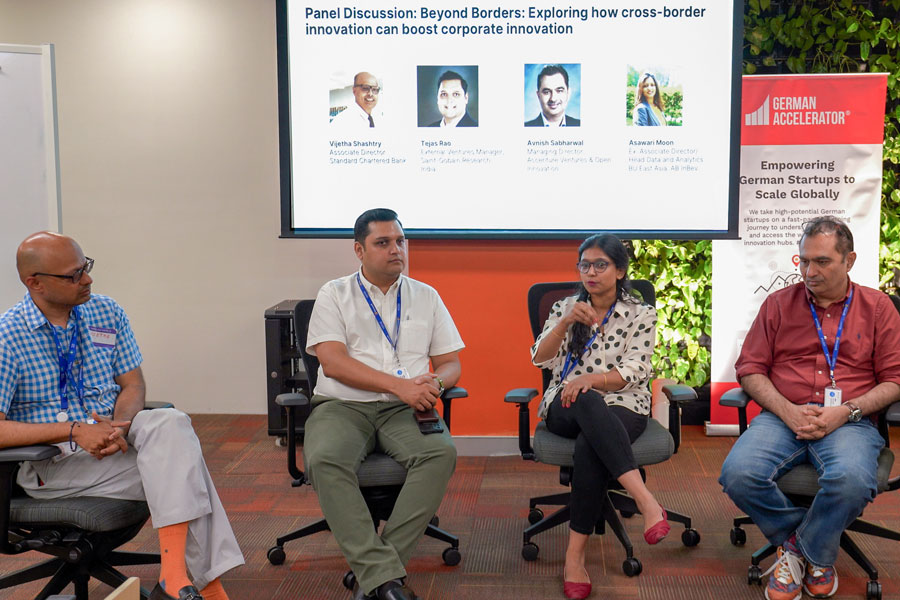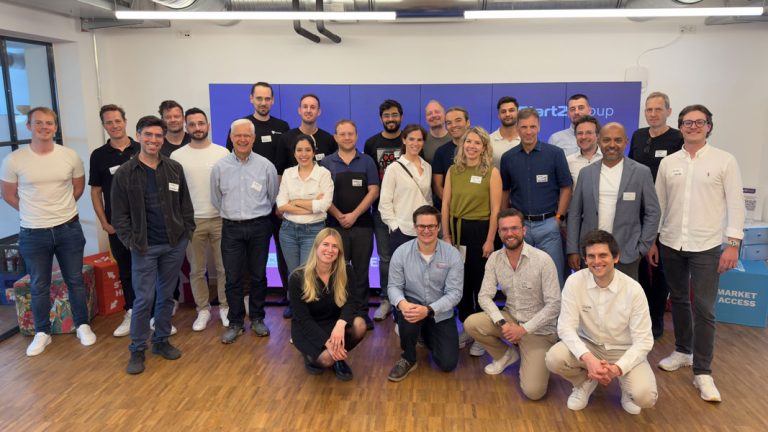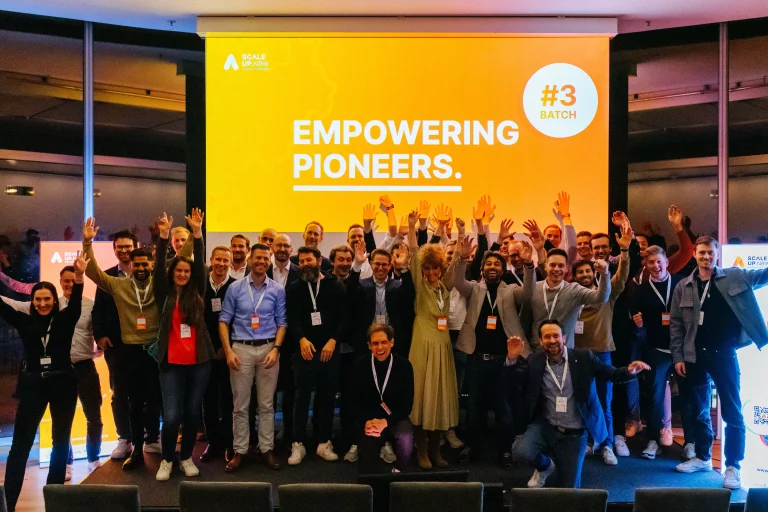India, the land of vibrant colors, rich cultural heritage, and a rapid expanding economy stands as one of the world’s fastest-growing markets for global companies looking to expand their horizons. However, entering this diverse and dynamic landscape is not without its challenges it’s complex but rewarding endeavour.
More than just a country; India is akin to a continent, with its multitude of languages, cultures, and consumer preferences. The sheer diversity might seem overwhelming, but it also unlocks immense potential. The burgeoning middle class, with its rising purchasing power and evolving aspirations, offers a lucrative market for global brands willing to tailor their approach.
So, what does it really take to adapt your product to meet local tastes? How can you effectively build partnerships with local businesses to scale your operations in India?
Entering a vast and complex market like India demands more than just ambition; it requires a deep understanding of the local business landscape and a well-crafted go-to-market strategy. Establishing connections with key corporates and securing them as early customers can significantly boost your credibility, and accelerate growth in this competitive environment.
Imagine getting insights directly from corporate leaders who actively collaborate with global companies. Understanding what they seek in potential partners could be the key to winning your next big customer in India. By tapping into these expert perspectives, you’ll uncover a roadmap for successfully navigating the intricacies of the Indian market.
In this article, we delve into the highlights from our recent Start2 Pitch event in India, titled “Beyond Borders: Exploring How Cross-Border Innovation Can Boost Corporate Innovation”. The panel featured global MNC leaders from the tech sector, who shared their valuable insights on market strategies, scaling operations, and forging essential partnerships in India.
Moderated by Vijetha Shastry, a German Accelerator mentor and ecosystem enabler in India, the speakers’ lineup included:
Avnish Sabharwal – Managing Director, Accenture Ventures & Open Innovation
Asawari Moon – Ex. Associate Director/ Head Data and Analytics BU East Asia, AB InBev
Tejas Rao – External Ventures Manager, Saint-Gobain Research India
Vinayak Hegde – Chief Technology Officer in Residence, Microsoft for Startups
Read on to learn about some key considerations for expanding and scaling your business in India, as shared by corporate leaders during the discussion:
Remember, “Culture Eats Strategy for Breakfast”
“Culture eats strategy for breakfast,” Avnish quipped, highlighting the importance of cultural nuances. He shared an example from his experience with Israeli counterparts, noting their fast-paced, transactional nature, which can sometimes clash with the more relationship-focused approach of Indian counterparts. He suggested that having an Indian partner or team member can help navigate these cultural differences effectively.
Establish a Local Presence
For every international expansion, having people on the ground or team members who understand the market can be critical.
As Avnish put it, “You cannot come and scale in India when you are sitting in Germany. You should either be here or have a local team looking after your affairs.” Being on the ground allows for a better understanding and engagement with the local market, which is essential for success.
Adding on, Asawari shared her personal experience in South Korea, where the language barrier and lack of proximity hindered her ability to work effectively with startups.
Practice “Affordable Excellence”
Another tip to succeed is understanding what drives and appeals to consumers in the country. Avnish introduced the concept of “Affordable Excellence,” which is key to winning over Indian customers. He explained that Indian customers are highly value-oriented and seek high-quality products at affordable prices. As a result, startups have to prioritize cost-effective innovation to succeed in the Indian market.
Asawari agreed and added that “India is a very price-sensitive market,” stressing the need for startups to choose a pricing strategy that balances affordability with the right level of excellence. This balance is crucial for startups planning to enter the Indian market with a sustainable approach.
Protect Data and Intellectual Property (IP)
For deep tech or product startups, IP management is of utmost importance. Avnish advised startups to seek legal assistance to ensure proper IP distribution when working with clients. Proactive IP management helps prevent disputes and protects the startup’s innovations, providing a solid foundation for growth and collaboration.
Tejas recommended always starting with a nondisclosure agreement (NDA) to protect one’s IP. While IP laws in India are becoming stricter and easier to navigate, having an NDA in place is a prudent step to avoid potential issues. This ensures that both parties are clear about the confidentiality and ownership of shared information and innovations.
Data protection and confidentiality regulations also vary by country. Avnish highlighted the importance of understanding local data protection laws, such as GDPR in Europe, to ensure compliance.
Understand Local Regulations
Regulatory compliance is another critical factor for startups. Avnish explained that different countries have varying regulations, especially for specific technologies such as drones. Startups must familiarize themselves with local regulations to avoid legal issues.
Look for the Right Partners
Tejas emphasized that identifying the right partners and maintaining conviction in business strategies can make a significant difference.
“As Indians, we sometimes hesitate to say no – we have a reputation for being accommodating,” he said.
“So, what tends to happen is you might spend a lot of time with someone you believe could be a viable partner, only to find out they are not,” he added.
Tejas also touched on the importance of having the courage to stand one’s ground and be clear about the value one brings. He shared an example from his experience:
“After we selected a startup for one of our programs, they had the courage to come back and say that they didn’t want to work with us, as they saw us as a competitor. This kind of clarity and assertiveness is crucial in ensuring that startups do not waste resources on unproductive partnerships.”
“Work with other leaders once you have established an initial connection,” Asawari recommended. This approach ensures that the startup does not rely too heavily on a single contact and can sustain its presence even if there are changes in leadership.
Understand India’s Market Segments and Each City’s Specializations
Vinayak Hegde, Chief Technology Officer in Residence at Microsoft for Startups, also chimed in during the Q&A session.
“Many startups that come to India look at it as one big market. But it’s actually very fragmented,” he explained.
He highlighted the importance of being on the ground and choosing the right location based on the industry. For example, a fintech startup might find the financial capital of Mumbai more suitable, while a tech company could benefit from being in the tech hub of Bengaluru.
Hire Smartly
When hiring for a new market entry, Vinayak pointed out that the type of person you need varies depending on your startup’s focus.
“There isn’t a one-size-fits-all profile,” he noted. “If you’re building a delivery organization, you need someone with a developer background. If it’s sales, you need a sales lead. For regulatory matters, you need someone with government connections.”
He suggested that startups should collaborate with a partner who understands the local market rather than trying to find the right person on their own. “Working with a partner who can help you navigate the maze of 1.4 billion people is crucial,” he said. “They can assist in finding the right fit for your specific needs.”
Vinayak also cautioned against giving too much away to any single partner. He shared an anecdote about a startup negotiating an exclusivity agreement with a corporate partner. The partner wanted exclusivity but wouldn’t commit to a substantial deal. “Stand your ground, especially when negotiating terms,” he advised. “Just because you’re small doesn’t mean you have to concede to every demand. Balance the power dynamics and ensure you’re getting a fair deal.”
An Insightful Session
The panel wrapped up with a valuable discussion on the common concerns Indian companies have when collaborating with global partners. Key takeaways highlighted the importance of local presence, whether through a partner or representative, to effectively navigate challenges like data storage, grievance handling, and adapting to local practices and regulations.
If you’re interested in gaining more insights, expanding your network, or connecting with potential customers and partners in India, explore how you can get started here.
You are currently viewing a placeholder content from X. To access the actual content, click the button below. Please note that doing so will share data with third-party providers.
More Information


